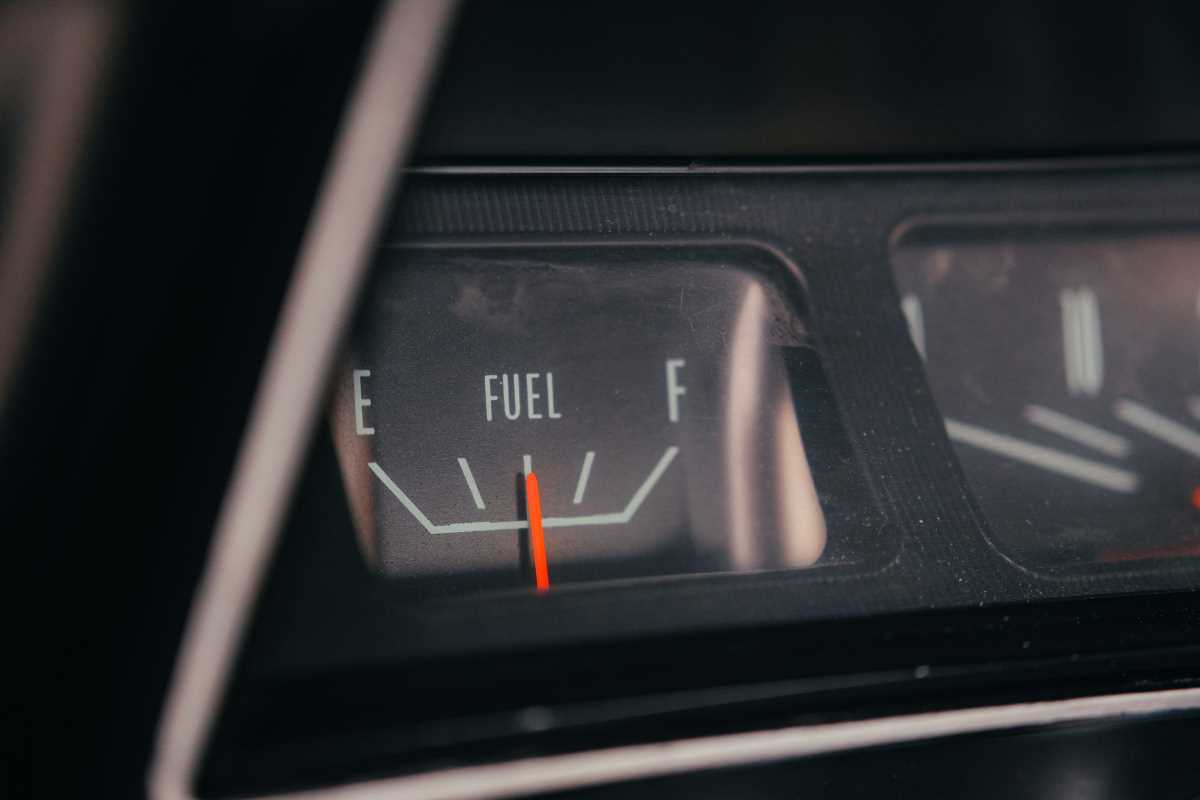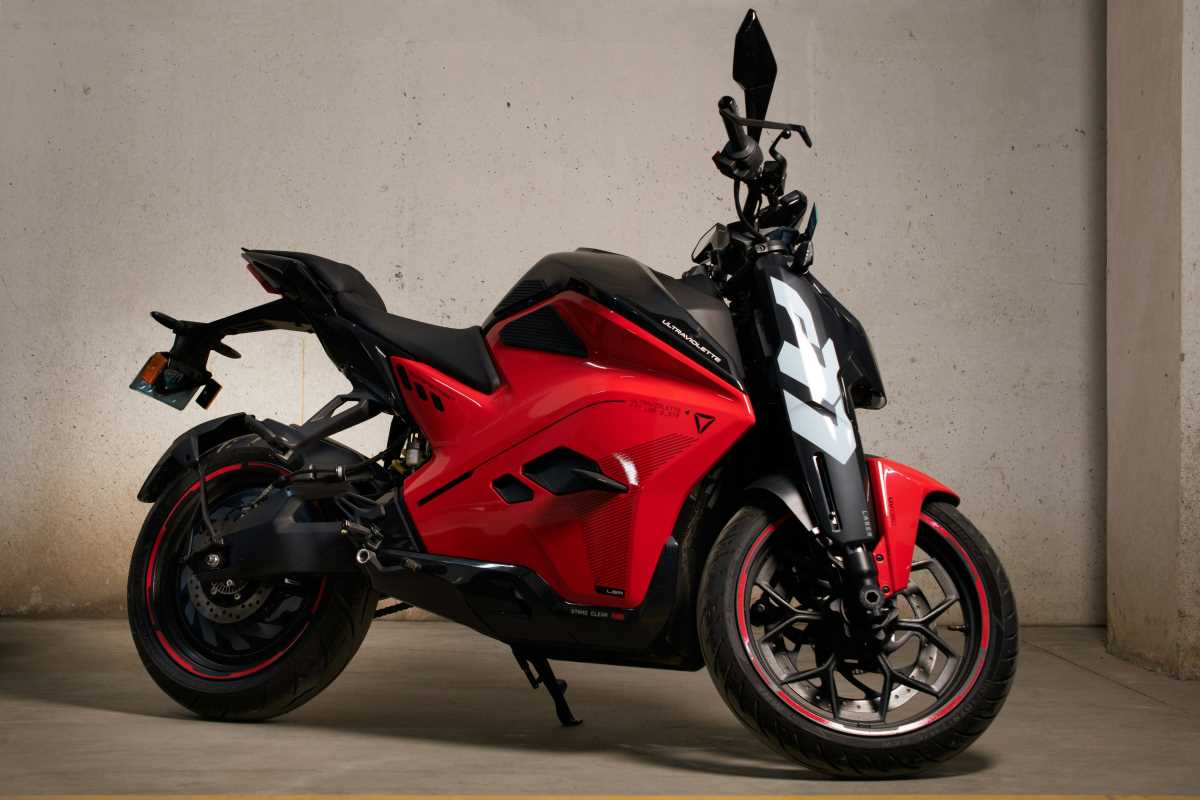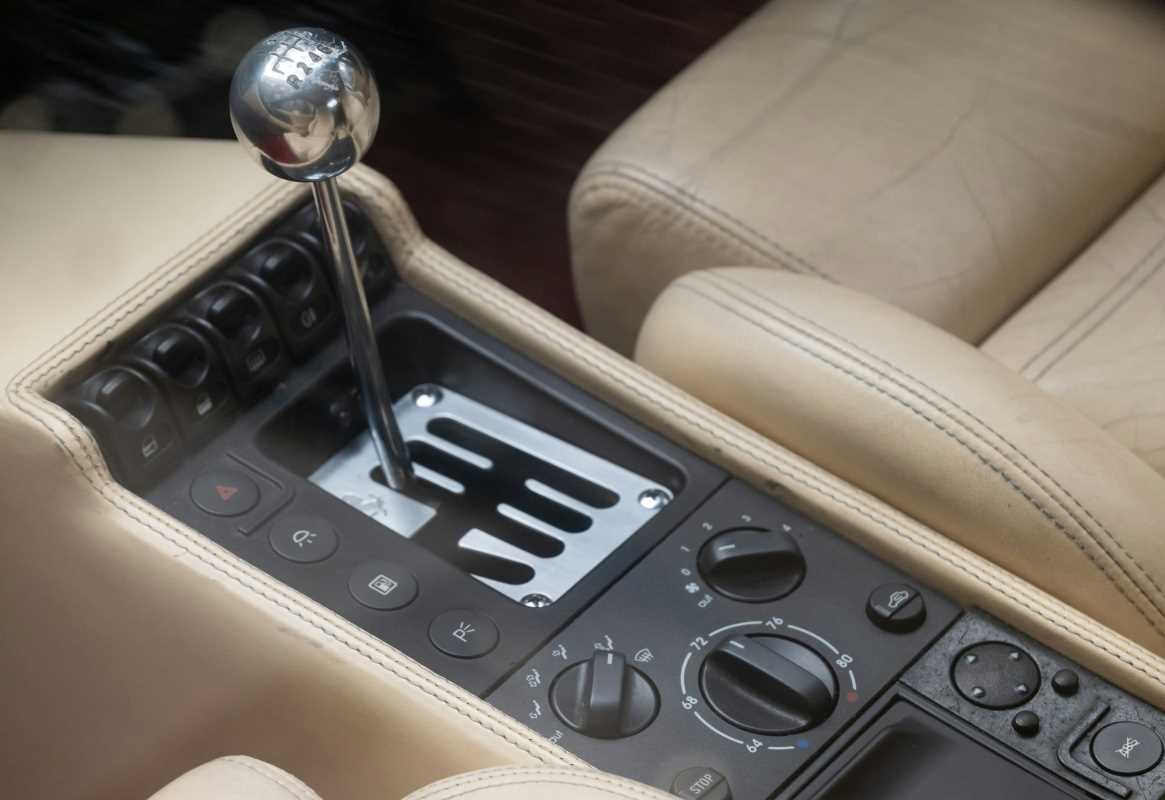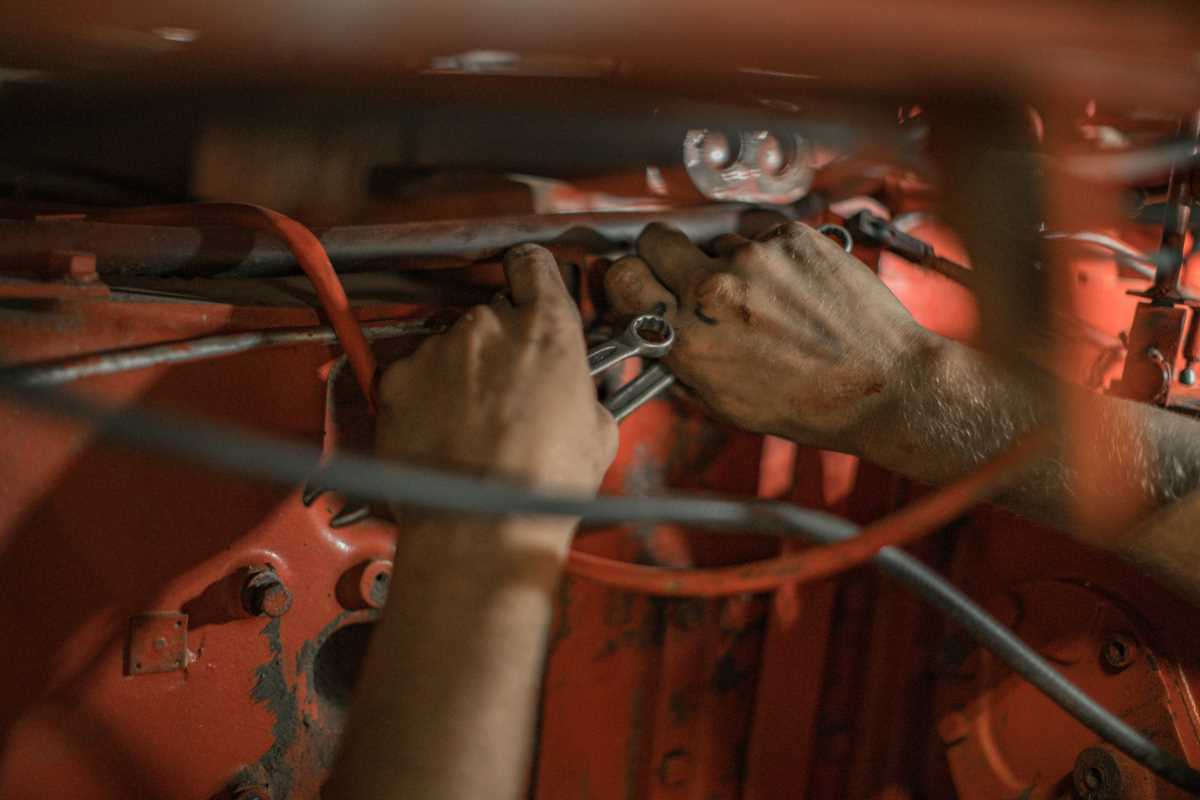Nothing sours the joy of hitting the open road like realizing your car’s fuel gauge is dropping faster than it should. Fuel efficiency isn’t just about saving money at the pump; it’s also about keeping your vehicle running smoothly and minimizing your environmental impact.
Yet, even the most reliable cars can experience a dip in mileage over time, leaving you scratching your head (and wallet) in frustration. Fear not! Here are the biggest culprits behind reduced fuel efficiency and practical solutions to get your car back to sipping rather than guzzling.
Neglecting Tire Health
Your tires aren’t just there to look good or occasionally ruin your day with a flat. They play a massive role in fuel economy. When tires are underinflated, they create more rolling resistance, making your engine work harder to move the car. This extra effort means less mileage per gallon. Think of it as trying to run in sand versus pavement, not the most efficient use of energy.
The good news? The fix is simple and inexpensive. Check your tire pressure regularly, at least once a month and especially before long drives. You’ll find the recommended PSI (pounds per square inch) on a sticker inside the driver’s door or in your owner’s manual.
Even better, invest in a portable air compressor to fine-tune your tires without hunting for a gas station pump. Properly inflated tires save fuel, extend tire life, and make your car handle better. It’s a triple win.
For bonus points, ensure your tires are aligned and rotated. Misaligned wheels can drag against the road, wasting fuel and causing uneven tread wear.
Ignoring Routine Maintenance
Skipping routine car maintenance is like leaving dishes in the sink for weeks. Sure, you might get away with it for a bit, but eventually, the consequences catch up to you. A poorly maintained engine has to work harder, and an overworked engine demands more fuel. Dirty filters, worn-out spark plugs, and old engine oil are all culprits that can quietly siphon away at your gas mileage over time.
For starters, replacing your air filter at regular intervals can optimize airflow into your engine, helping it burn fuel more efficiently. Imagine trying to breathe through a clogged straw versus a snorkel, that’s your engine on a dirty air filter. Spark plugs, meanwhile, are responsible for igniting the fuel-air mixture in your engine. If they’re old or worn, misfires happen, and your car uses more gas to compensate.
Regular oil changes also play a starring role in fuel efficiency. Fresh oil ensures smooth engine operation, while dirty oil adds unnecessary friction to internal components. Bottom line? Check your owner’s manual for maintenance schedules, and don’t put off those service appointments.
Aggressive Driving Habits
Speed demons beware. That “pedal to the metal” lifestyle isn’t just hard on your brakes and tires; it’s also burning through your gas tank like wildfire. Rapid acceleration, hard braking, and excessive speeding are all fuel-efficiency killers. While flooring it at every green light might feel satisfying, it drastically reduces how far your car can go on a single tank.
Cruising at moderate speeds and anticipating traffic can make a world of difference. If you’re on the highway, use cruise control to maintain a steady speed. Most vehicles are tuned to operate at peak fuel efficiency somewhere between 50 and 65 mph, so taking it easy can pay off. Think of it as an excuse to chill out and enjoy the drive, rather than pretending you’re in the Fast & Furious franchise.
And don’t underestimate coasting. When approaching a red light or stop sign, ease off the accelerator instead of braking abruptly. Your gas tank, and your passengers, will thank you.
Carrying Excess Weight
Your car isn’t a storage unit, and treating it like one can hurt your fuel economy. Every extra pound you carry around requires your engine to work harder, especially on stop-and-go city streets. Sure, it’s easy to leave last winter’s snow chains or your cousin’s forgotten gym bag in the trunk, but all that added weight adds up.
Declutter your car and remove any unnecessary items. Keep only the essentials in the trunk, like your emergency kit and a spare tire. Roof racks and cargo boxes are another sneaky culprit. While useful for hauling gear, they create additional drag, especially at highway speeds. If you’re not actively using them, take them down to reduce aerodynamic resistance.
Fuel efficiency increases noticeably once your car is lighter. Plus, driving around without extra junk will make finding what you actually need (like that umbrella) much easier.
Quick Tips for Maximizing Fuel Efficiency
Even if you’ve got the major causes covered, there are small tweaks you can make to squeeze out even more miles per gallon. Think of these tips as the cherry on top of an already sweet gas-saving strategy:
- Avoid idling. If your car is parked for more than a minute, turn off the engine instead of letting it run. Modern cars don’t need warm-up time like older models once did.
- Drive shorter routes. Plan errands efficiently to reduce overall mileage. Several short trips can use more fuel than one long one due to start-and-stop driving.
- Use the right fuel grade. Consult your owner’s manual to see if premium fuel is necessary. If it isn’t, stick to regular unleaded to save cash without sacrificing performance.
- Use your AC sparingly. Air conditioning demands extra fuel, especially at lower speeds. On cooler days, opt for the tried-and-true method of rolling down the windows.
Why Addressing Fuel Efficiency Matters
Sure, saving money is a major motivator for improving fuel efficiency, but there are other benefits as well. A fuel-efficient car produces fewer emissions, which is good news for the environment. It also improves your car’s long-term health, helping its engine run more smoothly and extending the overall lifespan of expensive components.
Not to mention, better mileage means fewer stops at the gas station, giving you more time to enjoy life outside the confines of your vehicle. Whether you’re embarking on road trips or just zipping to the store, who wouldn’t love keeping an extra twenty bucks in their pocket?
The Bottom Line on Boosting Mileage
Fuel efficiency might seem like a complicated science, but addressing its causes boils down to smart habits and regular care. By keeping your tires in shape, adhering to maintenance schedules, ditching bad driving habits, and lightening your car’s load, you can reverse a downward trend and see those MPG numbers rise again.
Cars thrive when treated well, and your effort will reflect in how far it can take you. Next time you hit the road, you’ll not only save fuel but also drive with the peace of mind that your car is running at its very best.







